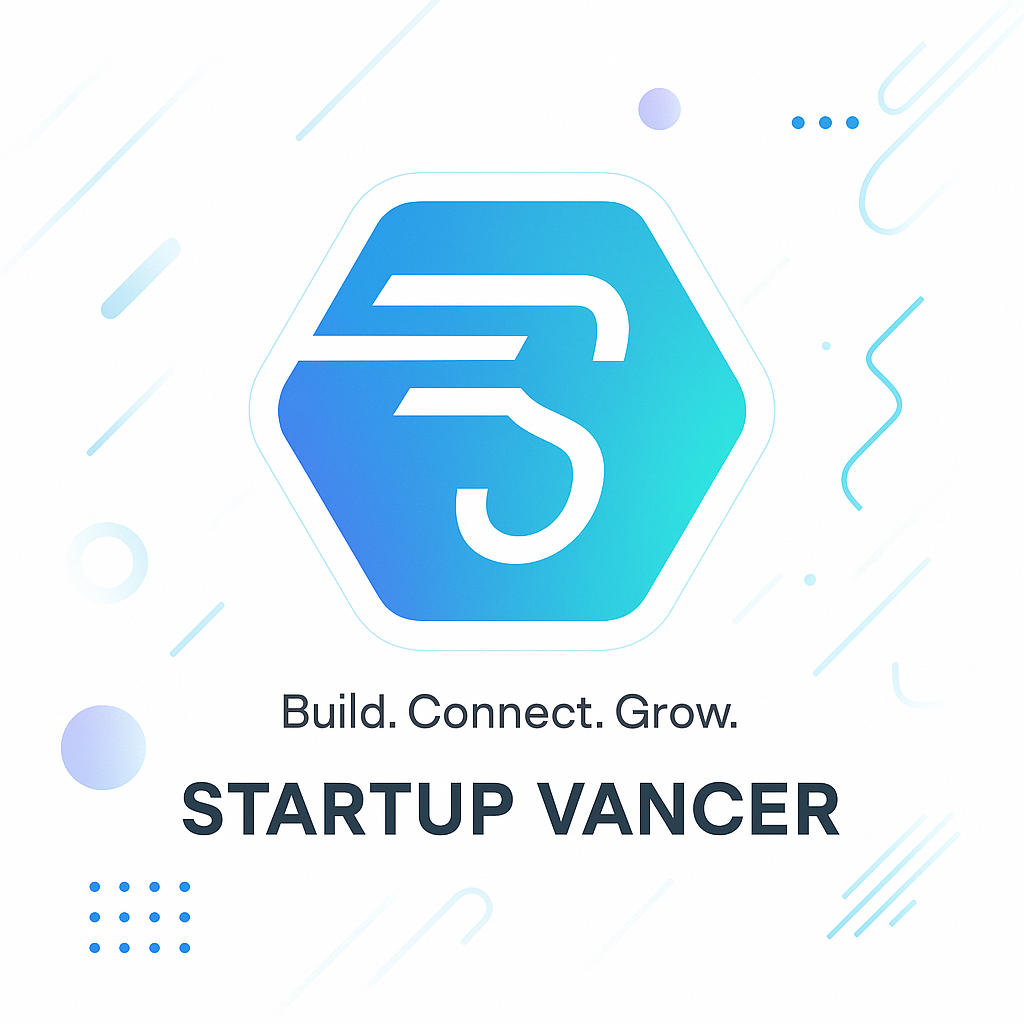
In today’s fast-paced and competitive business environment, startups are constantly seeking new and innovative ways to differentiate themselves and stay ahead of the curve. Innovation is crucial for their survival and growth, as it allows them to address market needs, stand out from the competition, and achieve a competitive advantage. In this blog post, we will delve into the importance of innovation in startups, how to foster a culture of creativity within the company, and the impact of using innovative technologies on their success. Join us as we explore the world of innovation in startups and learn how it can be a game-changer for their future.
Understanding The Importance Of Innovation In Startups
Startups are known for their agility and willingness to push the boundaries of traditional business practices. In today’s fast-paced and competitive market, the importance of innovation cannot be overstated for startups looking to carve out a niche for themselves and make a lasting impact. By embracing a culture of constant improvement and forward thinking, startups can position themselves for long-term success and sustainability.
Embracing business innovation allows startups to differentiate their products or services from competitors, making them more attractive to potential customers and investors. This can lead to increased market share, improved brand recognition, and ultimately, greater financial success. Additionally, innovative companies are better equipped to adapt to changing market trends and consumer needs, giving them a competitive advantage over their more traditional counterparts.
| Benefits of Innovation in Startups |
|---|
| Increased market share |
| Improved brand recognition |
| Adaptability to changing market trends |
Furthermore, startups success is often closely tied to their ability to develop creative solutions to address market needs. Innovative startups are not afraid to think outside the box and take risks, resulting in the creation of unique products or services that can disrupt a crowded market and attract a loyal customer base. By consistently seeking new ways to improve their offerings and deliver value to consumers, startups can stay ahead of the curve and remain relevant in a rapidly evolving business landscape.
Implementing Creative Solutions To Address Market Needs
Implementing Creative Solutions to address market needs is an essential part of the success of any startup. In today’s competitive business landscape, startups need to think outside the box and come up with innovative ways to meet the demands of their target market.
By innovating and finding new and creative ways to solve problems, startups can gain a competitive advantage in their industry. Whether it’s through product development, marketing strategies, or customer service, the ability to think creatively and implement innovative solutions can set a startup apart from the competition.
One way startups can implement creative solutions is by fostering a culture of innovation within the organization. By encouraging employees to think outside the box and take risks, startups can create an environment that is conducive to innovation and problem-solving.
Fostering A Culture Of Innovation Within The Startup
When it comes to building a successful startup, fostering a culture of Innovation is key to staying ahead of the competition and addressing market needs. Startups that prioritize Creative Solutions and encourage their employees to think outside the box are more likely to achieve Startup Success and gain a Competitive Advantage in the business world.
One way to foster a culture of Innovation within a startup is to create an environment where employees feel empowered to share their ideas and take risks. This can be achieved through open communication, team brainstorming sessions, and a supportive leadership that values creativity and out-of-the-box thinking. By encouraging a culture of Innovation, startups can inspire their employees to come up with new and Creative Solutions to address market needs, ultimately propelling the company towards Startup Success.
Furthermore, startups can also utilize Innovative Technologies to implement new ideas and processes that can give them a Competitive Advantage. Whether it’s implementing new software, utilizing data analytics, or leveraging artificial intelligence, embracing the latest technologies can help startups stay at the forefront of their industry and drive Innovation within the company. By doing so, startups can measure the impact of Innovation on their Startup Success and gain insights into how Creative Solutions and Business Innovation contribute to their overall growth and development.
Using Innovative Technologies To Achieve Competitive Advantage
Technology has become an integral part of modern business, and startups can leverage innovative technologies to gain a competitive advantage in the market. Embracing innovative technologies can help startups streamline their operations, improve efficiency, and deliver better products and services to their customers.
By adopting cutting-edge technologies, startups can differentiate themselves from their competitors and create new opportunities for growth. For example, the implementation of artificial intelligence and machine learning can enable startups to analyze data more effectively, make better decisions, and enhance the customer experience.
Furthermore, startups can use data analytics and business intelligence tools to gain insights into market trends, customer behaviors, and competitive landscapes. This information can be invaluable in shaping business strategies and identifying areas for innovation and improvement.
Measuring The Impact Of Innovation On Startup Success
When it comes to startup success, innovation plays a critical role in determining how well a new company will perform in the market. Startups are constantly searching for creative solutions to address market needs and gain a competitive advantage over established companies. In order to measure the impact of innovation on startup success, it is important to consider various factors that contribute to the growth and sustainability of a new business.
One way to measure the impact of innovation on startup success is to look at the level of customer satisfaction and loyalty. Business innovation often leads to the development of new products or services that address specific market needs, and if these offerings resonate with customers, it can result in higher levels of satisfaction and loyalty. This can be measured through customer surveys, repeat purchases, and positive word-of-mouth referrals, all of which contribute to the overall success of a startup.
Another way to measure the impact of innovation on startup success is to analyze the company’s growth and financial performance. Startup success is often linked to revenue growth, market expansion, and an increase in market share. By tracking key financial metrics and comparing them before and after the implementation of innovative technologies and strategies, it becomes possible to gauge the impact of innovation on the overall success and growth of the startup.
Frequently Asked Questions
Innovation is crucial for startups as it helps them stay competitive, adapt to market changes, and differentiate their products or services.Startups can identify market needs by conducting market research, gathering customer feedback, and then brainstorming and implementing creative solutions that meet those needs.A startup can foster a culture of innovation by encouraging and rewarding creativity, promoting open communication and collaboration among employees, and providing resources and support for innovative ideas.Startups can leverage innovative technologies such as artificial intelligence, blockchain, or Internet of Things to streamline processes, enhance productivity, improve customer experience, and gain a competitive edge in the market.Startups can measure the impact of innovation by analyzing key performance indicators (KPIs) such as revenue growth, customer acquisition, customer satisfaction, and employee engagement before and after implementing innovative solutions.Startups can promote collaboration and open communication for innovation by creating cross-functional teams, organizing brainstorming sessions, encouraging idea-sharing platforms, and establishing a supportive and inclusive work environment.Some common challenges include resistance to change, limited resources for research and development, finding the right talent, and managing risk associated with investing in new ideas.






